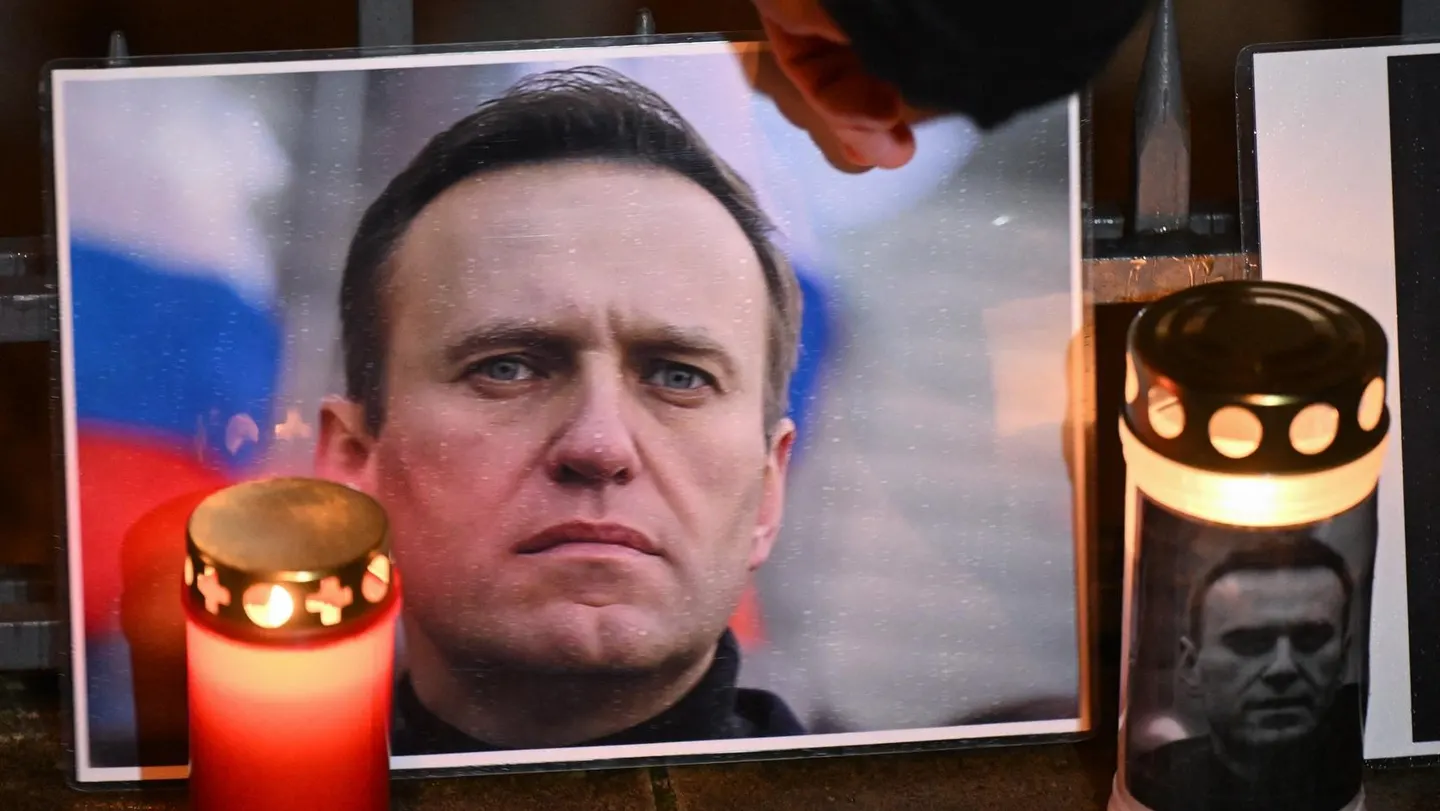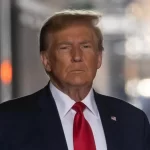- Home
- Billionaires
- Investing Newsletters
- 193CC 1000
- Article Layout 2
- Article Layout 3
- Article Layout 4
- Article Layout 5
- Article Layout 6
- Article Layout 7
- Article Layout 8
- Article Layout 9
- Article Layout 10
- Article Layout 11
- Article Layout 12
- Article Layout 13
- Article Layout 14
- Article Sidebar
- Post Format
- pages
- Archive Layouts
- Post Gallery
- Post Video Background
- Post Review
- Sponsored Post
- Leadership
- Business
- Money
- Small Business
- Innovation
- Shop
Recent Posts
Navalny’s Death Spurs Global Condemnation of Putin

Russian opposition leader Alexei Navalny has died in prison, sparking global condemnation and renewed accusations against Russian President Vladimir Putin. Navalny’s death, confirmed by Russia’s Federal Penitentiary Service, has reignited claims of Putin’s involvement in the deaths of his critics over the years.
President Joe Biden squarely blamed Putin for Navalny’s death, echoing earlier statements by Vice President Kamala Harris, who described it as another example of Putin’s brutality. This follows a pattern seen in the deaths of other prominent critics of the Russian regime.
In 2004, Forbes journalist Paul Klebnikov was killed in Moscow, likely in retaliation for his investigations into corruption in post-Soviet Russia. A public inquiry in the UK concluded that Putin likely approved the killing of Alexander Litvinenko, a former Russian spy poisoned with polonium in London in 2006.
In 2009, journalist Anastasia Baburova and human rights lawyer Stanislav Markelov were shot dead near the Kremlin. Navalny himself narrowly escaped death in 2020 when he was poisoned with Novichok, a nerve agent developed by the Russian government, an incident German Chancellor Angela Merkel called an attempt to silence him.
Navalny’s death comes after he was sentenced to 19 years in prison for extremism, adding to a nine-year sentence on fraud and contempt of court charges. He had been moved to the “Polar Wolf” prison colony in the Arctic region of Yamal-Nenets, known for its harsh conditions and population of serious criminals.
Ukrainian President Volodymyr Zelensky directly accused Putin of killing Navalny, stating that Putin doesn’t care who dies as long as he maintains his grip on power.
In a surprising twist, Putin suggested that a plane crash involving Wagner Group leader Yevgeny Prigozhin, who led a rebellion against the Russian government, could have been caused by a hand grenade. He also claimed that cocaine had been found at Wagner’s office, following allegations that Russia’s domestic intelligence agency targeted Prigozhin.
Navalny’s poisoning led to sanctions by the US against four operatives of the Russian Federal Security Service, including Konstantin Kudryatsev, featured in the documentary “Navalny.” In the film, Navalny appears to trick Kudryatsev into admitting to the poisoning.
Navalny’s death has sparked outrage and renewed calls for accountability for Putin’s regime. The circumstances surrounding his death, along with the history of other critics meeting similar fates, have raised serious questions about the state of democracy and human rights in Russia under Putin’s rule.
Recent Posts
Categories
- 193cc Digital Assets2
- 5G1
- Aerospace & Defense44
- AI32
- Arts3
- Banking & Insurance11
- Big Data3
- Billionaires216
- Boats & Planes1
- Business304
- Careers13
- Cars & Bikes66
- CEO Network1
- CFO Network17
- CHRO Network1
- CIO Network1
- Cloud10
- CMO Network18
- Commercial Real Estate7
- Consultant1
- Consumer Tech155
- CxO1
- Cybersecurity51
- Dining1
- Diversity, Equity & Inclusion4
- Education7
- Energy8
- Enterprise Tech29
- Events11
- Fintech1
- Food & Drink2
- Franchises1
- Freelance1
- Future Of Work2
- Games135
- GIG1
- Healthcare74
- Hollywood & Entertainment154
- Houses1
- Innovation37
- Investing2
- Investing Newsletters4
- Leadership65
- Lifestyle10
- Manufacturing1
- Markets20
- Media183
- Mobile phone1
- Money13
- Personal Finance2
- Policy542
- Real Estate1
- Research6
- Retail1
- Retirement1
- Small Business1
- SportsMoney22
- Style & Beauty1
- Success Income1
- Taxes2
- Travel10
- Uncategorized6
- Vices1
- Watches & Jewelry2
- world's billionaires186
Related Articles
Bomb Cyclone to Impact Pacific Northwest and Northern California
A powerful storm system, referred to as a “bomb cyclone,” is expected...
By 193cc Agency CouncilNovember 20, 2024‘Trump Dance’ Takes Over Sports Celebrations
In recent weeks, athletes from various sports, including the NFL, UFC, and...
By 193cc Agency CouncilNovember 20, 2024Mark Hamill Leads Celebrity Exodus from X to Bluesky
Mark Hamill, famed for his role as Luke Skywalker in the Star...
By 193cc Agency CouncilNovember 20, 2024Spotify Wrapped 2024: Data Collection Extended
Spotify has announced that the tracking period for its eagerly awaited Spotify...
By 193cc Agency CouncilOctober 31, 2024















Leave a comment